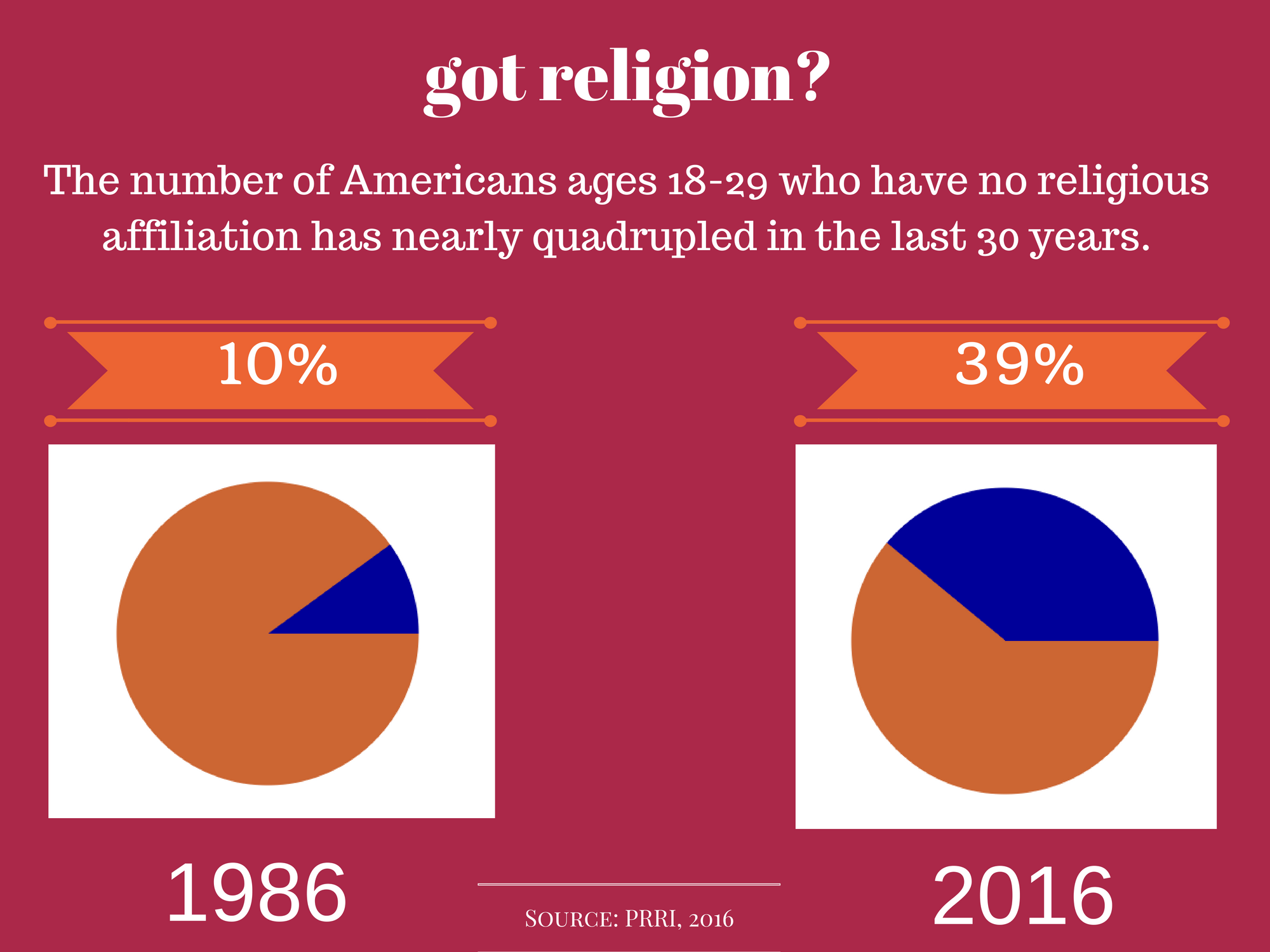The Heritage And Importance Of Churches In Current Culture

Web Content By-List Hamrick
You may consider churches as just positions for prayer, however their role has advanced substantially in time. They've transformed right into community centers, dealing with various social problems and fostering connections among members. As society changes, churches face distinct obstacles and should adjust to continue to be pertinent. What's driving this change, and exactly how do modern-day churches impact today's areas? Checking out these inquiries discloses much about their long-lasting importance.
The Evolution of Churches Through History
As culture has actually advanced, the duty and framework of churches have actually changed considerably. You may discover that very early churches primarily acted as places of worship and community celebration, rooted deeply in tradition.
Gradually, these institutions adjusted to the changing requirements of their congregations, typically mirroring societal shifts. As an example, the Reformation sparked a surge in varied religions, each accepting one-of-a-kind ideas and practices.
Today, numerous churches focus not simply on spirituality however additionally on social concerns, involving with modern challenges like destitution and inequality. This advancement demonstrates just how churches continue to matter, dealing with modern issues while keeping their core mission.
Recognizing this journey aids you appreciate the lasting effect of churches in our lives.
The Duty of Churches in Area Building
Churches play a crucial duty in constructing solid neighborhoods by fostering links among people and families. https://mgyb.co/s/SnFuq supply an inviting room for individuals to gather, share experiences, and assistance one another.
By organizing occasions like meals, workshops, and volunteer chances, churches urge engagement and partnership amongst participants. https://www.wbaltv.com/article/memorial-episcopal-church-baltimore-history-of-segregation-to-right-the-wrongs-of-its-founders/35600489 'll find that these celebrations usually bring about lasting relationships and networks of assistance.
Additionally, churches often act as a center for outreach, helping those in need with food drives, counseling, and various community services. They produce a sense of belonging, reminding you that you belong to something bigger.
When you engage with your neighborhood church, you're not just attending services; you're actively contributing to a vivid, interconnected community that thrives on mutual assistance and compassion.
Challenges and Adaptations in Contemporary Culture
While area structure stays a foundation of church life, modern culture provides one-of-a-kind difficulties that require adjustment. You have actually likely noticed decreasing attendance and shifting demographics, making it crucial for churches to rethink their methods.
Involving more youthful generations with modern technology and social networks can aid bridge the gap. Think about hosting online services or community events that reverberate with diverse interests.
In addition, dealing with social concerns like psychological health and social justice can reel in those looking for support and function. You can produce comprehensive environments that welcome every person, cultivating a feeling of belonging.
Final thought
To conclude, churches have actually transformed from basic churches into important neighborhood centers that address today's social problems. As you review their development, it's clear they play a critical function in promoting connections and providing support. Despite obstacles, modern-day churches adapt by welcoming technology and inclusivity, ensuring they stay appropriate. Their ongoing presence not just supports a feeling of belonging but likewise forms social worths, making them an essential part of contemporary life.

